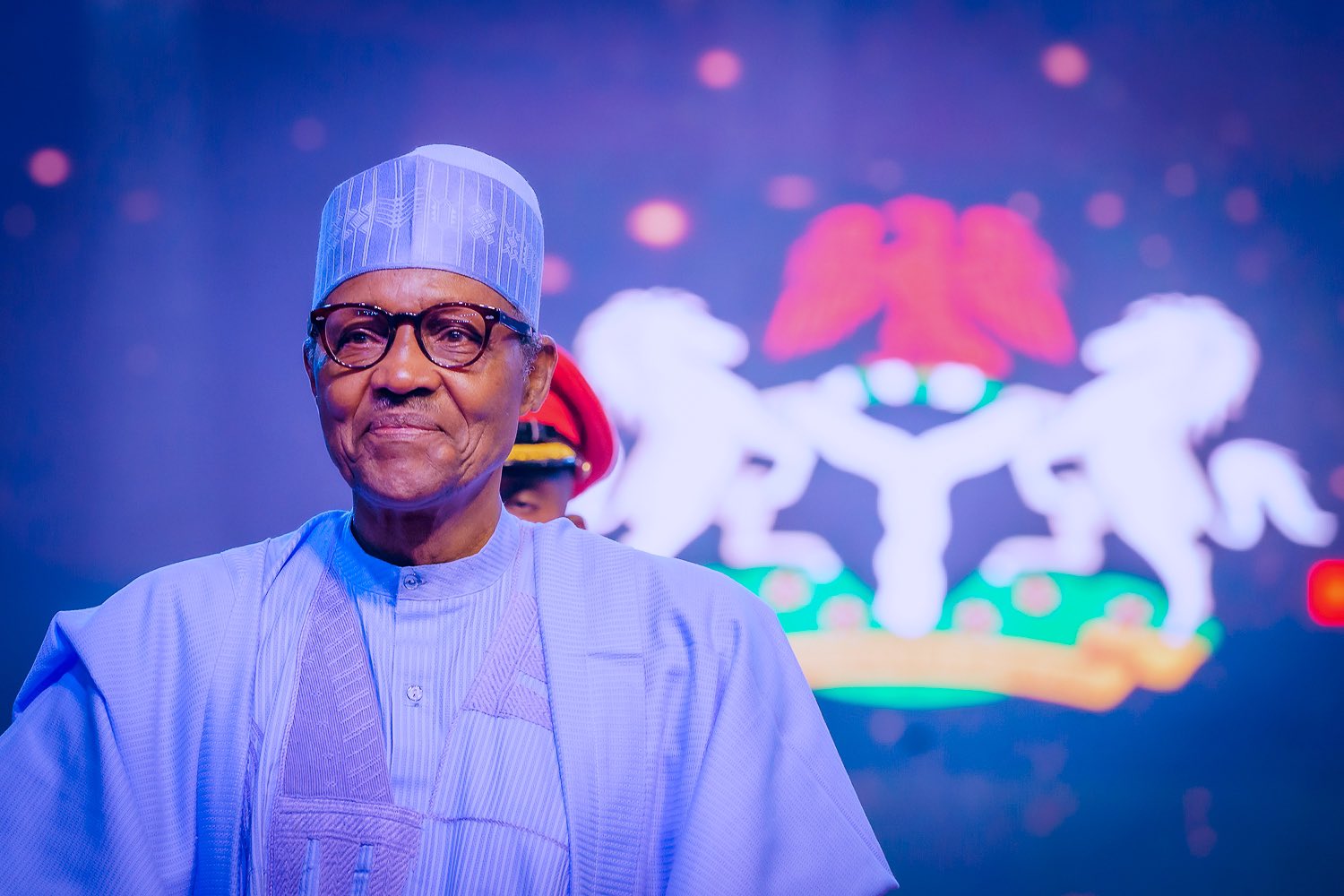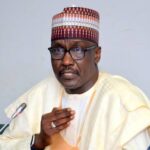Less than six month to the end of the administration of President Muhamadu Buhari, and smack in the middle of the 2022 end of year activities, Nigeria is presently in the grip of a paralyzing energy crisis that may be assuming the status of a valedictory dispensation for ‘Mr President’. To cope with the age-long epileptic public electric power supply, Nigerians have depended on the use of private electricity generators – estimated at more than 15 million pieces, of various sizes and ratings.
As if to accentuate and amplify the miasma that has enveloped several aspects of the administration’s enterprise in all of its now seven and a half years occupation of office, even the supply of the petroleum products to power the generators, (not to talk of vehicles for movement), has become a source of anguish. This has led to the unleashing across the nation, of the invasive demons of mismanaged fuel subsidy politics, such as unavailability of petroleum products, skyrocketing of pump prices of petroleum products, traffic disruptions by fuel queues and black-market sales of the products as the order of the day. Add open theft of public funds in the name of subsidy payments, and you will be on course.
The irony of the situation is that the ‘old old’ story of fuel subsidy chaos, still remains the whipping boy to be blamed for the crisis. That reinforces the notion that even is current problem may still be an avoidable man-made challenge that is allowed for whatever reason, to squeeze the Nigerian citizenry.
Meanwhile public anguish is hardly dampened by the promise of early reprieve from the rumoured coming on stream of the Lagos based Dangote Refinery, or the rehabilitating Alesa Eleme based Port Harcourt Refining Company. Considering all factors in the mix, hardly can the present state of affairs be seen properly beyond a matter of defective administration by the Presidency. And given its imminent exit from office, the crisis will remain one of Buhari’s unflattering legacies for any incoming administration.
Buhari at 80: No malicious bone in his body
Buhari @80: Things you probably don’t know about the President
Sad as the situation is, it is even more disturbing that hardly is any of the aspiring presidential candidates offering any ground breaking road map on how to take Nigeria out of the conundrum, given their relatively scant attention to the problem. According to the proceedings of a recent forum organized by the international audit firm – Pricewaterhouse Coopers group, – the ‘2022 PwC Annual Power and Utilities Roundtable’ which held in Lagos last week, only three out of the 18 political parties that are fielding presidential candidates for the forthcoming 2023 polls, provided recognisable mention of interest and offer of solutions in their campaign manifestos. It was also for good measure that the key note speaker Dr Sam Amadi commended them. These three were the Bola Tinubu of the All Progressives Cogress (APC), Abubakar Atiku of the Peoples Democratic Party (PDP) and Peter Obi of the Labour Party (LP). Amadi had commended them primarily for identifying the country’s power sector crisis as a major impediment to national development, and acknowledging the ground breaking, Jonathan-era power sector road map as a reference point. This is even as he also blamed the failure of the country generally to correctly diagnose and interrogate the recommendations of that plan. From all indications their collective acknowledgement of that plan.
If nothing else, their stand indicts the present Buhari administration for jettisoning the plan just to sacrifice the entire power fortunes of the country on the altar of political expediency. It even did so without procuring an alternative. Nevertheless, the silver lining is the favourable recourse of the manifestoes by the three candidates to the Jonathan era road map which also attests to its profundity.
It is easily recalled that the Jonathan administration had launched an ambitious Power Sector Reform Road map, in respect of which the government’s monopoly in the power sector was reviewed and a complement of private sector companies in generation as well as distribution of electricity emerged. Before the road map, the country’s power sector was dominated by government interests and bedeviled by erratic and perennial shortages public supply of electricity, as well as frequent acute shortages in petroleum products with attendant long queues at fuel filling stations while black market sales of adulterated fuel products enjoyed free rein.
With respect to their provisions for the power sector, the three parties’ claims can be outlined as follows. Firstly for Tinubu of the ruling APC, he promises to restore steady power with generation of 15,000 megawatts in four years’ time which is by 2027. How that will be done including the specific roles to be played by the vast network of stakeholders is yet to be made public.
For Atiku of the main opposition Peoples Democratic Party (PDP), his plan builds on first removing the entire value chain from the exclusive list and control of the monopoly of the federal government, in order to enable well-disposed states and any other interested party to generate, transmit and distribute electric power by themselves. According to him, an industrial dispute between any interest with the Federal Government in one part of the country should not affect Nigerians in other parts of the country. Some observers believe that this approach calls for fresh angles to competiveness among states and will spur economic and industrial order.
As for Peter Obi of the Labour Party his plan is to increase and improve electricity within four years of his tenure if elected. This promise still leaves unanswered, the critical question of how this is going to be. He claims to have visited Egypt to understudy the success story of that country with respect to providing power for her citizens.
With the foregoing as a backdrop, it would seem that details of the power sector reform agendas of the parties aspiring to lead the country are still within the terrain of voodoo, with only Atlku offering a plan of action that can be interrogated here and now, against the reality of what is extant in the public domain.
However, if truth is to be told, this situation of feeding the public with half or muted details on such a sensitive aspect of public life by the political class, constitute underserved arrogant treatment of the general public as it is below public expectations. It deserves the disapproval by the general public as the matter of power sector reforms, has bludgeoned beyond treatment as a partisan affair.
Nigeria’s power sector crisis is a matter which Nigerians need to be fully apprised about and actually own beyond partisan considerations. It qualifies to be tabled openly on the various national conversation platforms for widespread interrogation. It is a national emergency and needs to be treated as such. It is not too early to address its various faces eclectically, especially as it constitutes directly and indirectly, a major killing zone with its casualties being the lives, property and our collective future.
Let any incoming administration be voted based on its plan for power sector remediation. Period.

 Join Daily Trust WhatsApp Community For Quick Access To News and Happenings Around You.
Join Daily Trust WhatsApp Community For Quick Access To News and Happenings Around You.


